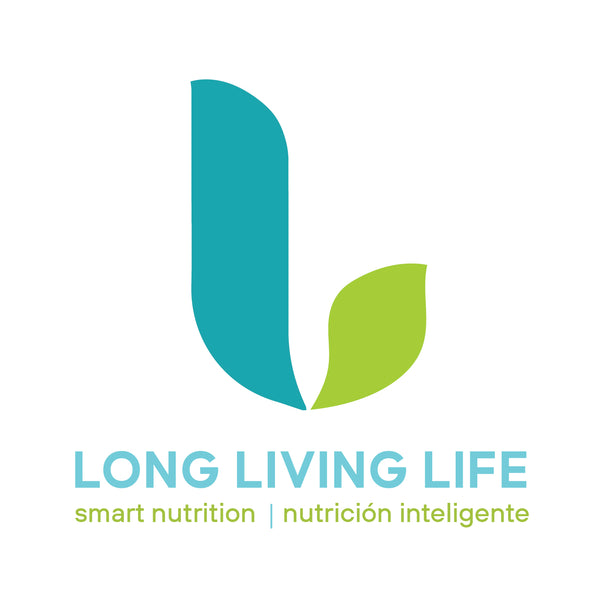My Store
Ascorbic Acid (Vitamin C) Injectable 500mg/ml Bioniche Pharma
Ascorbic Acid (Vitamin C) Injectable 500mg/ml Bioniche Pharma
Couldn't load pickup availability
How is vitamin C taken in high doses? Vitamin C can be administered by intravenous (IV) infusion or orally, although much higher blood levels are achieved when administered intravenously. Benefits: Laboratory studies have shown that high doses of vitamin C can decrease the growth and spread of cancer cells in the prostate, pancreas, liver, colon, and other types of cancer cells. Some human studies of high doses of vitamin C IV in cancer patients have shown a better quality of life, as well as improvements in physical, mental, and emotional functions.
Questions and answers about high dose vitamin C
What is the high dose of vitamin C?
Vitamin C is a nutrient found in foods, such as oranges, grapefruits, papayas, bell peppers, and kale, or in dietary supplements. Vitamin C is an antioxidant and helps prevent damage to cells caused by free radicals. It also works with enzymes to play a key role in collagen production. Vitamin C is also called L-ascorbic acid or ascorbate.
How are high doses of vitamin C administered or taken?
Vitamin C can be administered by intravenous infusion or orally. Much higher blood levels are achieved when vitamin C is administered intravenously. When administered by intravenous (IV) infusion, vitamin C can reach higher levels in the blood than when taken orally.
Have studies of high doses of vitamin C been performed in people?
IV vitamin C studies alone
Two studies found that patients who received IV vitamin C had a better quality of life and fewer side effects than those who did not.
In a study of healthy volunteers and cancer patients, vitamin C was shown to be safe at doses up to 1.5 g / kg in patients without kidney stones, other kidney disease, or G6PD deficiency.
Vitamin C IV studies combined with other drugs.
In a small study of 9 patients with advanced pancreatic cancer, patients received chemotherapy once a week for 3 weeks along with IV vitamin C twice a week for 4 weeks during each treatment cycle. The disease did not progress an average of 6 months in these patients. No serious side effects were reported with the combination treatment.
In a 2014 study of 27 patients with advanced ovarian cancer, chemotherapy alone was compared to chemotherapy and vitamin C IV. Vitamin C was administered during chemotherapy and for 6 months after chemotherapy ended. Patients who received IV vitamin C had fewer side effects from chemotherapy.
Share


